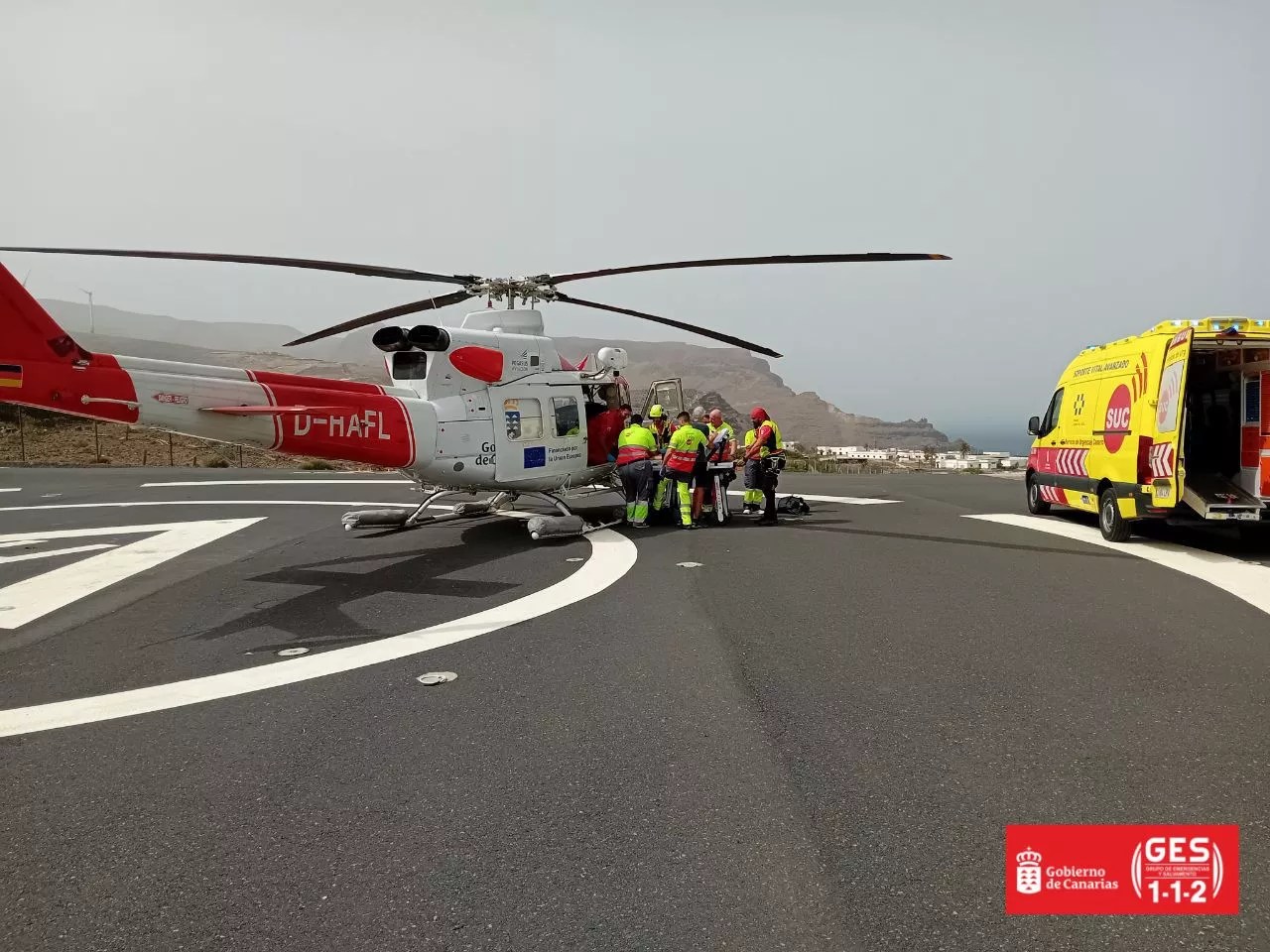
The Socialist Party in the Tenerife Island Council, which holds the majority, has revealed to Canarias Ahora its intention to bring to the attention of the control entities of the island government led by Rosa Dávila the discontinuation of the canine unit programme, which focused on protecting wild species on the island, particularly native species and, most importantly, those in protected natural areas. This initiative was launched in November 2022 by the government under Pedro Martín’s leadership and has been abandoned by the current administration following the change of leadership after the elections in May 2023.
As reported by Canarias Ahora last Tuesday, the Biodiversity department of the Tenerife Council has decided to forego and marginalise the dogs Teno and Jama (Belgian Malinois), despite the fact that their procurement represented an investment of 15,000 euros. Furthermore, their breeding, training, and care required the involvement of a specialist hired by the regional public agency Gesplan, who had been living with the dogs in his own home at an annual cost of 30,000 euros.
The PSOE highlights that the agreement with Gesplan was established during Isabel García’s tenure as Minister of Natural Environment Management and Security. The primary goal, in response to requests from field agents, was to “monitor the poisoning of species such as crows, kestrels or owls, whose deaths lead to a chain of poisoning affecting various animals that feed on them”. Additional reports also mention species like lizards, birds, and others in protected areas like Teno, Anaga, or the forest canopy, where tourist vehicle access will be restricted or monitored next year to improve conservation efforts, a move that contradicts such measures.
The socialists in the Tenerife Council criticise the fact that these dogs “have been idle for a year, with the female, Jama, being returned to her former owners, while Teno remains at the Council’s Wildlife Recovery Centre”, despite their expertise in detecting dead animals contaminated with harmful substances.
On November 30, 2022, the former president of the Cabildo de Tenerife, Pedro Martín, proudly posed with these two dogs who were instrumental in tasks never before seen on the island, although they were following the example of the initiative still ongoing in the Cabildo de Gran Canaria.
Transmission to humans
The Environmental Agents of the Tenerife Administration recommended using these dogs to combat toxins that harm the local fauna, at least in protected areas of the island. Apart from detecting poisonous substances to prevent further harm to various species, these dogs excel in finding carcasses of dead animals contaminated with toxins that can be transmitted to other animals and, indirectly, even affect humans.
As emphasized by the previous administration, this marked a significant improvement in toxin detection and fighting against the loss of wildlife due to harmful products, which often lead to fatalities, particularly among birds, lizards, rodents… They successfully identified numerous banned pesticides in protected areas (such as the Acentejo coast or the forest canopy), as revealed by the Cabildo in May 2023.
Initially, the head of the Biodiversity department suggested removing these dogs, a matter that will soon be addressed in the island government’s control bodies at the request of the PSOE.
Canarias Ahora has attempted to obtain the current government’s response to these events but has been unsuccessful so far.
















